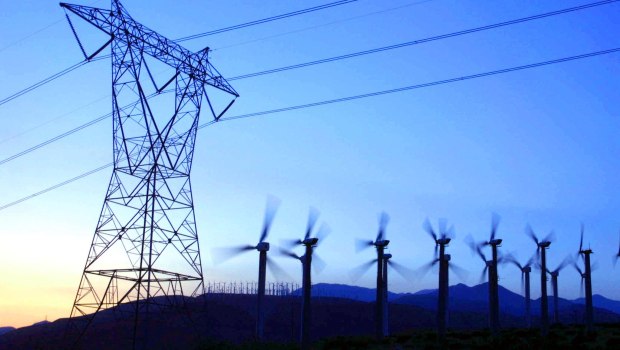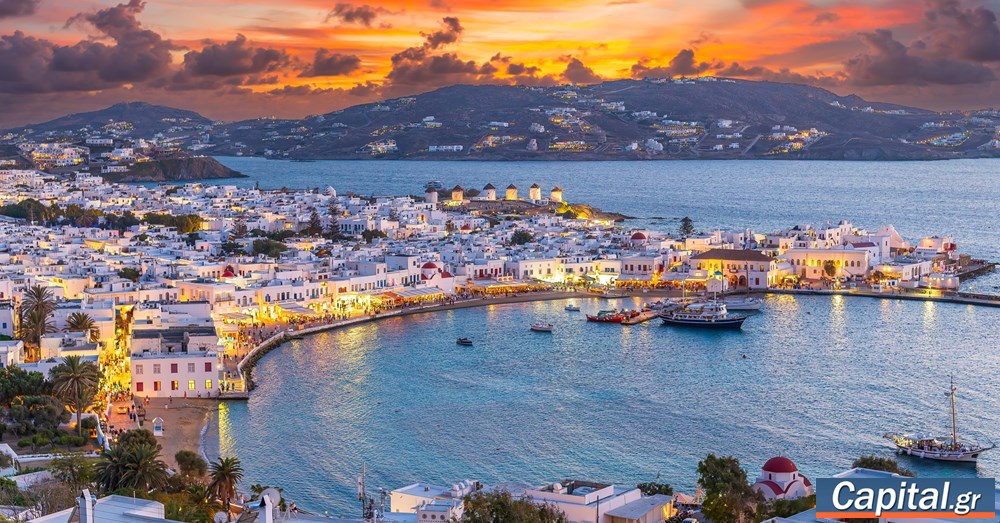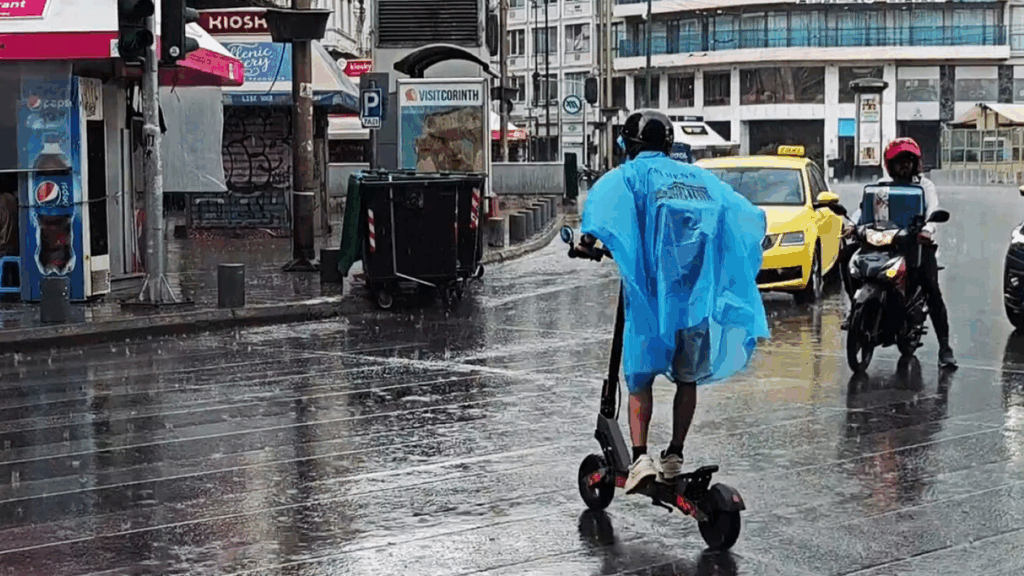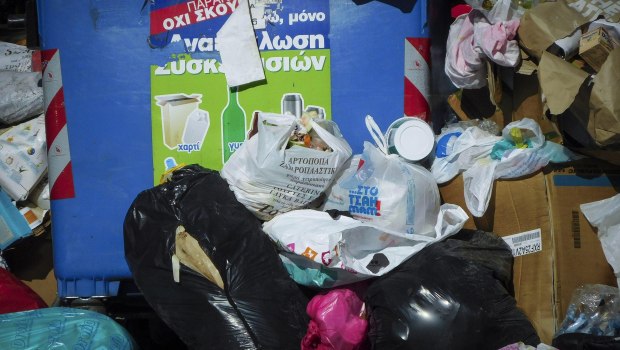Greece-Cyprus Electrical Interconnection – The cable short-circuited, Ankara rejoices
Source: ProtoThema English
Small-scale political calculations, intra-Cypriot economic interests, and even the “scent” of scandals ultimately place the burden of decision-making on Nicosia to avoid a deadlock in the strategically important GSI project, even though the real obstacle to the project has always been—and remains—Turkey’s stance.
A project intended to link Greece and Cyprus energetically now risks creating a rift between the two countries, with consequences far greater than economic ones, fostering a tense atmosphere and complicating cooperation at a time when developments in the Middle East and the Eastern Mediterranean make the harmonious alignment of Athens and Nicosia a matter of vital importance.
Nicosia now faces strong pressure both from Brussels and from Athens, which, through a barrage of statements from three ministers—the government’s Vice President Kostis Hatzidakis, Energy Minister Stavros Papastavrou, and government spokesperson Pavlos Marinakis—called on the Cypriot government and Nikos Christodoulides to clear the murky atmosphere and provide a definitive answer on whether Nicosia wants the project to continue. Christodoulides, for his part, supported Finance Minister Makis Keravnos, who triggered the crisis, stating that his government considers the project strategically important, but he insisted that commitments and obligations from ADMIE remain pending.
To Turkey’s Advantage
It is clear that the time has come for Nicosia to make its decisions at the highest level in order to resolve this crisis, so as to avoid further undesirable side effects between Athens and Nicosia and to take the next step: continuing the surveys by any means necessary. Otherwise, the current complication—with Nicosia partly responsible—will achieve the outcome Turkey seeks: the cancellation of the project, without Turkey itself bearing any cost.
The suspension of the project for so many months, along with the negative outlook created by the new complication, essentially prolongs the “pending issue” with Turkey, as work on the GSI east of Kasos constitutes the major and critical test of the resilience of the Greece-Egypt agreement on partial EEZ delimitation and the Turkey-Libya Memorandum, which overlap in this area. This unresolved issue continues to cast a shadow not only over the GSI but also over future projects in the region.
The project has been stalled for nearly 13 months—not for economic reasons, nor due to Cypriot ambivalence. After the Kasos incident (July 2024) and the suspension of the surveys, the Italian research vessel Ievoli Relume conducted brief surveys between Crete and Kasos before withdrawing. No surveys have been resumed since, despite ADMIE’s strong desire to advance the project, in which it has already invested a large sum, while also facing pressure from the French company Nexans, which is responsible for constructing and laying the interconnection cable.
All these months, attempts through Giorgos Gerapetritis’ contacts with Hakan Fidan to find a formula to resume surveys without triggering a crisis have been fruitless.
The current serious complication, for which the Cypriot side also bears responsibility—essentially questioning the very viability of the project through the Finance Minister—overshadows the major real problem: Turkey’s determination to defend and secure on the ground the Turkey-Libya Memorandum and to enforce the “firm” principle that “no project in the Eastern Mediterranean takes place without Turkey’s permission, consent, or participation.”
The complication caused by Cyprus now may serve as a “relief” for those responsible for greenlighting the resumption of surveys, at a time when not only has no formula with Turkey been found, but, as recent Fidan statements show, Ankara is determined to react forcefully.
Geopolitical Risk
Foreign Minister Giorgos Gerapetritis, however, with his statements in recent weeks, in which he categorically emphasized that the vessel would go out and surveys would begin, has increased pressure on Nicosia, which unofficially cites the geopolitical risk. Yet a senior source from the Cypriot capital countered the question by asking, “Then why haven’t the surveys started until now?”
Ask me anything
Explore related questions
The original article: belongs to ProtoThema English .



